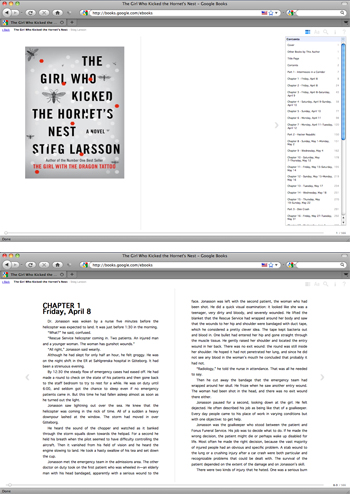Internet Archive announces 1,000 Library Partners from 6 countries have joined to build and lend a pool of 100,000+ eBooks; Extending the Traditional In-Library Lending Model.
San Francisco, CA – Today, the Internet Archive announced that the 1,000th library from 6 countries has joined its In-Library eBook Lending Program. Led by the Internet Archive, patrons may borrow eBooks from a new, cooperative 100,000+ eBook lending collection of mostly 20th century books on OpenLibrary.org, a site where it’s already possible to read over 1 million eBooks without restriction. During a library visit, patrons with an OpenLibrary.org account can borrow any of these lendable eBooks using laptops, reading devices or library computers. This new twist on the traditional lending model could increase eBook use and revenue for publishers.
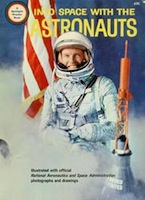
“As readers go digital, so are our libraries,” said Brewster Kahle, founder and Digital Librarian of the Internet Archive. “To grow from 150 great, forward-thinking libraries in Feb. 2011 to 1,000 libraries today, suggests that there is a true need for this type of program. We, as libraries, want to buy eBooks to lend to our patrons.” (See the partial list of participating libraries below.)
This new digital lending system will enable patrons of participating libraries to read books in a web browser. “In Silicon Valley, iPads and other reading devices are hugely popular. Our partnership with the Internet Archive and OpenLibrary.org is crucial to achieving our mission — to meet the reading needs of our library visitors and our community,” said Linda Crowe, Executive Director of the Peninsula Library System.
A recent survey of libraries across North America was conducted by Unisphere Research and Information Today, Inc. (ITI). It reported that of the 1,201 libraries canvassed, 73% are seeing increased demand for digital resources with 67% reporting increased demand for wireless access and 62% seeing a surge in demand for web access.
American libraries spend $3-4 billion each year on publishers’ products. “I’m not suggesting we spend less, I am suggesting we spend smarter by buying and lending more eBooks,” asserted Kahle. He is also encouraging libraries worldwide to join in the expansion of this pool of purchased and digitized eBooks so their patrons can borrow from this larger collection.
How It Works
Any OpenLibrary.org account holder can borrow up to 5 eBooks at a time, for up to 2 weeks. Books can only be borrowed by one person at a time. People can choose to borrow either an in-browser version (viewed using the Internet Archive’s BookReader web application), or a PDF or ePub version, managed by the free Adobe Digital Editions software. This new technology follows the lead of the Google eBookstore, which sells books from many publishers to be read using Google’s books-in-browsers technology. Readers can use laptops, library computers and tablet devices, including the iPad.
What Participating Libraries Are Saying
The reasons for joining the initiative vary from library to library. Judy Russell, Dean of University Libraries at the University of Florida, said, “We have hundreds of books that are too brittle to circulate. This digitize-and-lend system allows us to provide access to these older books without endangering the physical copy.”
“Libraries are our allies in creating the best range of discovery mechanisms for writers and readers…”
Richard Nash
Founder of Cursor, Publisher
Digital lending also offers wider access to one-of-a-kind or rare books on specific topics such as family histories — popular with genealogists. This pooled collection will enable libraries like the Boston Public Library and the Allen County Public Library in Indiana to share their materials with genealogists around the state, the country and the world.
“Genealogists are some of our most enthusiastic users, and the Boston Public Library holds some genealogy books that exist nowhere else,” said Amy E. Ryan, President of the Boston Public Library. “This lending system allows our users to search for names in these books for the first time, and allows us to efficiently lend some of these books to visitors at distant libraries.”
“Reciprocal sharing of genealogy resources is crucial to family history research. The Allen County Public Library owns the largest public genealogy collection in the country, and we want to make our resources available to as many people as possible. Our partnership in this initiative offers us a chance to reach a wider audience,” said Jeffrey Krull, Director of the Allen County Public Library.
Publishers selling their eBooks to participating libraries include Cursor and OR Books. Books purchased will be lent to readers as well as being digitally preserved for the long-term. This continues the traditional relationship and services offered by publishers and libraries.
Jo Budler, Kansas State Librarian, comments, “Kansas librarians are very excited about offering this downloadable service to the residents of Kansas. Historically Kansas librarians have been strong supporters of collaborative endeavors. This project fits very nicely with projects undertaken in the past, and with the desire to continue to offer excellent customer service and new services into the future.”
“Creating digital structures that support access to content through public libraries is imperative. The Digital In-Library Lending project is a beginning. California is delighted to be involved a project that will create more online access to content for Californians” said Californian State Librarian Stacey Aldrich.
John Oakes, founder of OR Books, said, “We’re always on the lookout for innovative solutions to solve the conundrum of contemporary publishing, and we are excited to learn about the Internet Archive’s latest project. For us, it’s a way to extend our reach to the crucial library market. We look forward to the results.”
For More Information
Here are some eBooks that are only available to people in participating libraries.
Libraries interested in partnering in this program should contact: info@archive.org.
To use this service, please visit a participating library:
###
List of Participating Libraries
Aboite Branch Library, Allen County Public Library
Dupont Branch Library, Allen County Public Library
Georgetown Branch Library, Allen County Public Library
Grabill Branch Library, Allen County Public Library
Hessen Cassel Branch Library, Allen County Public Library
Little Turtle Branch Library, Allen County Public Library
Main Library, Allen County Public Library
Monroeville Branch Library, Allen County Public Library
New Haven Branch Library, Allen County Public Library
Pontiac Branch Library, Allen County Public Library
Shawnee Branch Library, Allen County Public Library
Tecumseh Branch Library, Allen County Public Library
Waynedale Branch Library, Allen County Public Library
Woodburn Branch Library, Allen County Public Library
Adams Street Branch Library, Boston Public Library
Brighton Branch Library, Boston Public Library
Charlestown Branch Library, Boston Public Library
Codman Square Branch Library, Boston Public Library
Connolly Branch Library, Boston Public Library
Dudley Branch Library, Boston Public Library
East Boston Branch Library, Boston Public Library
Egleston Square Branch Library, Boston Public Library
Faneuil Branch Library, Boston Public Library
Fields Corner Branch Library, Boston Public Library
Grove Hall Branch Library, Boston Public Library
Honan-Allston Branch Library, Boston Public Library
Hyde Park Branch Library, Boston Public Library
Jamaica Plain Branch Library, Boston Public Library
Lower Mills Branch Library, Boston Public Library
Mattapan Branch Library, Boston Public Library
North End Branch Library, Boston Public Library
Orient Heights Branch Library, Boston Public Library
Parker Hill Branch Library, Boston Public Library
Roslindale Branch Library, Boston Public Library
South Boston Branch Library, Boston Public Library
South End Branch Library, Boston Public Library
Uphams Corner Branch Library, Boston Public Library
Washington Village Branch Library, Boston Public Library
West End Branch Library, Boston Public Library
West Roxbury Branch Library, Boston Public Library
Internet Archive
MBLWHOI Library, Marine Biological Laboratory, Woods Hole Oceanographic Institution
Atherton Library, Atherton, California
Bay Shore Library, Daly City, California
Belmont Library, Belmont, California
Brisbane Library, Brisbane, California
Burlingame Public Library, Burlingame, California
Burlingame Library Easton Branch, Burlingame, California
Cañada College Library, Redwood City, California
College of San Mateo Library, San Mateo, California
East Palo Alto Library, East Palo Alto, California
Fair Oaks Library, Redwood City, California
Foster City Library, Foster City, California
Grand Avenue Branch Library, South San Francisco, California
Half Moon Bay Library, Half Moon Bay, California
Hillsdale Branch Library, San Mateo, California
John Daly Library, Daly City, California
Marina Public Library, San Mateo, California
Menlo Park Library, Menlo Park, California
Menlo Park Library Belle Haven Branch, Menlo Park, California
Millbrae Library, Millbrae, California
Pacifica Sanchez Library, Pacifica, California
Pacifica Sharp Park Library, Pacifica, California
Portola Valley Library, Portola Valley, California
Redwood City Public Library, Redwood City, California
Redwood Shores Branch Library, Redwood City, California
San Bruno Library, San Bruno, California
San Carlos Library, San Carlos, California
San Mateo Public Library, San Mateo, California
Schaberg Library, Redwood City, California
Serramonte Main Library, Daly City, California
Skyline College Library, San Bruno, California
South San Francisco Public Library, South San Francisco, California
Westlake Library, Daly City, California
Woodside Library, Woodside, California
Anza Branch, San Francisco Public Library
Bayview/Anna E. Waden Branch, San Francisco Public Library
Bernal Heights, San Francisco Public Library
Chinatown/Him Mark Lai Branch, San Francisco Public Library
Eureka Valley/Harvey Milk Memorial Branch, San Francisco Public Library
Excelsior, San Francisco Public Library
Glen Park Branch, San Francisco Public Library
Golden Gate Valley Branch, San Francisco Public Library
Ingleside Branch, San Francisco Public Library
San Francisco Public Library, Main
Marina, San Francisco Public Library
Merced Branch Library, San Francisco Public Library
Mission, San Francisco Public Library
Mission Bay, San Francisco Public Library
Noe Valley/Sally Brunn Branch, San Francisco Public Library
North Beach Branch, San Francisco Public Library
Ocean View, San Francisco Public Library
Ortega, San Francisco Public Library
Park Branch, San Francisco Public Library
Parkside, San Francisco Public Library
Portola Branch, San Francisco Public Library
Potrero Branch, San Francisco Public Library
Presidio Branch, San Francisco Public Library
Richmond/Senator Milton Marks Branch, San Francisco Public Library
Sunset, San Francisco Public Library
Visitacion Valley, San Francisco Public Library
West Portal, San Francisco Public Library
Western Addition, San Francisco Public Library
The Urban School of San Francisco
Augustana Campus Library, University of Alberta
Bibliothèque Saint-Jean (BSJ), University of Alberta
Cameron Library, University of Alberta
Herbert T. Coutts (Education & Physical Education) Library, University of Alberta
Rutherford Library, University of Alberta
John A. Weir Memorial Law Library, University of Alberta
John W. Scott Health Sciences Library, University of Alberta
Winspear Business Reference Library, University of Alberta
Architecture and Fine Arts Library, University of Florida
Education Library, University of Florida
Health Science Center Library, University of Florida
Borland Library, University of Florida
Veterinary Medicine Reading Room, University of Florida
Allen H. Neuharth Journalism and Communications Library, University of Florida
Library West, University of Florida
Marston Science Library, University of Florida
Mead Library, University of Florida
Music Library, University of Florida
Smathers Library (East), University of Florida
Robarts Library, University of Toronto
Gerstein Science Information Centre, University of Toronto
Centre for Reformation and Renaissance Studies, Victoria University
E J Pratt Library, Victoria University
Emmanuel College Library, Victoria University
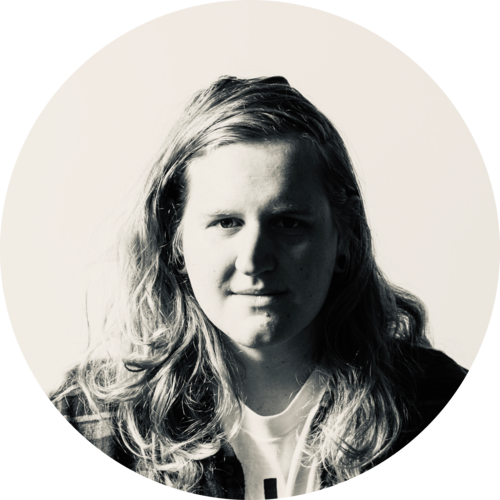
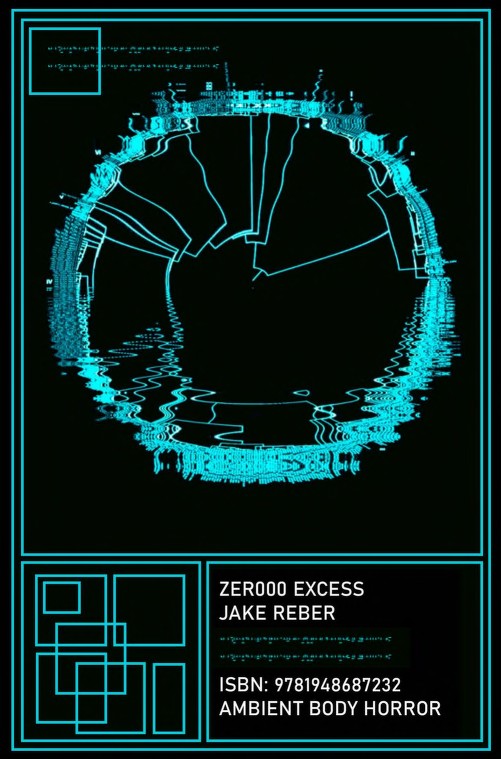
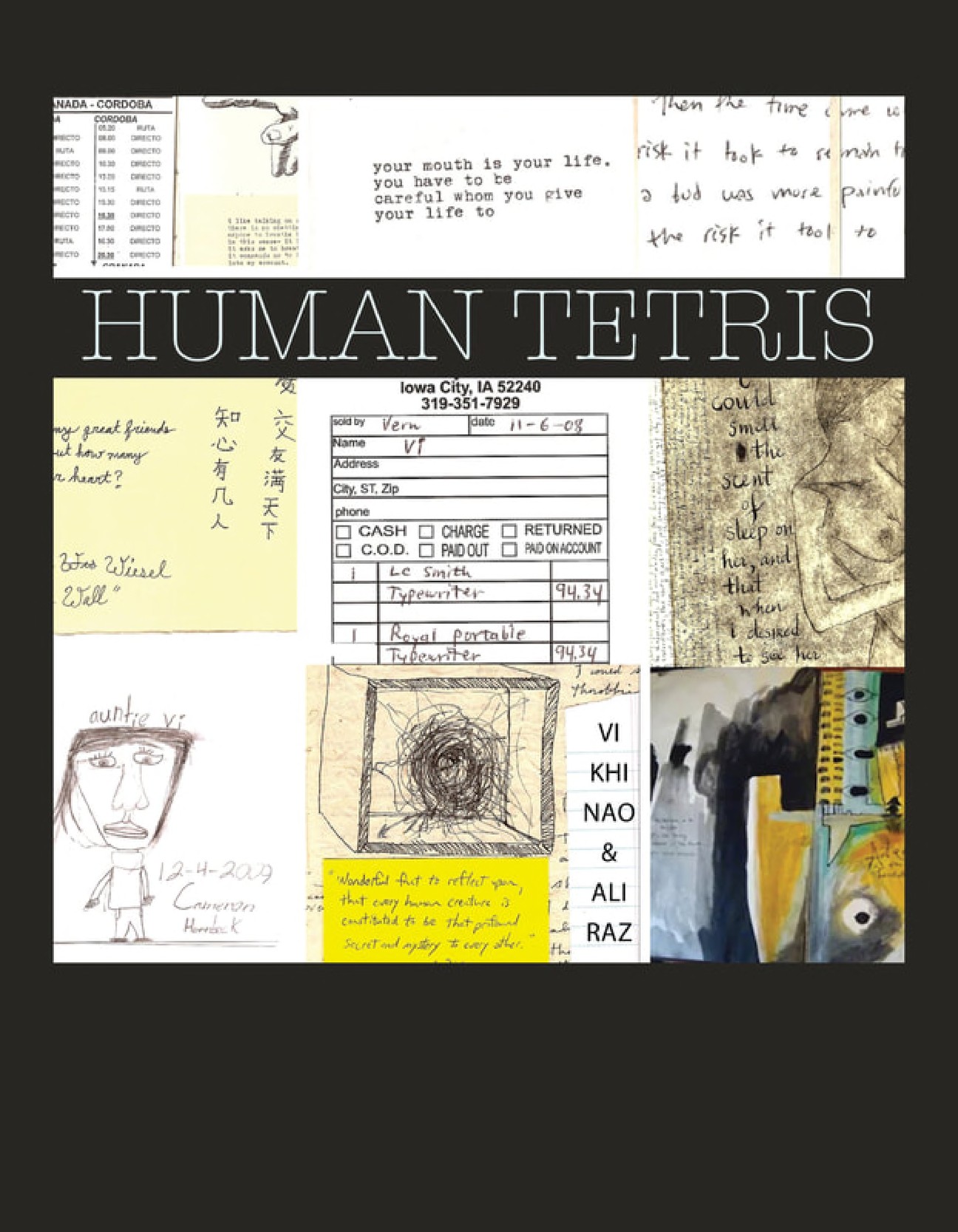
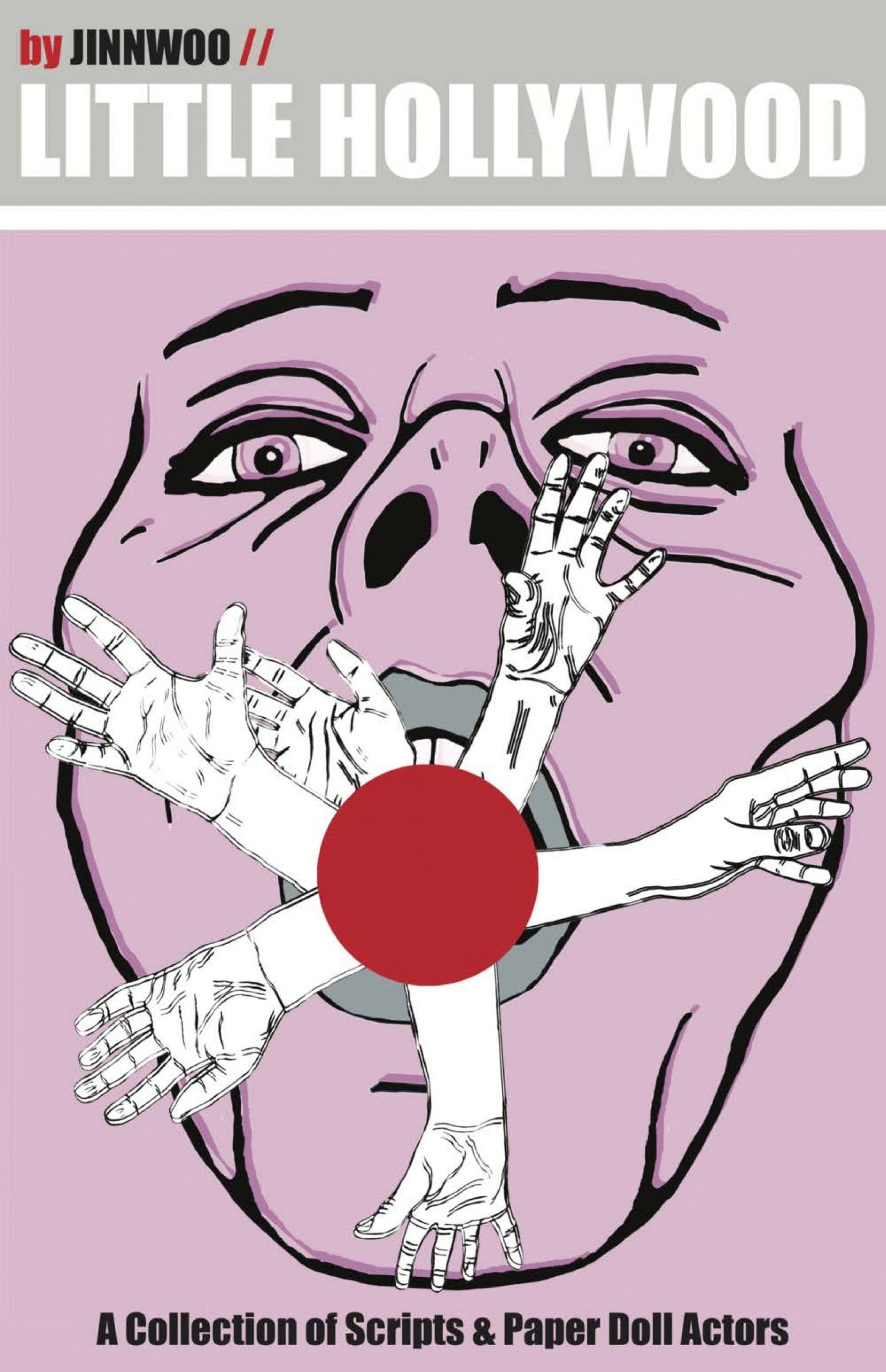

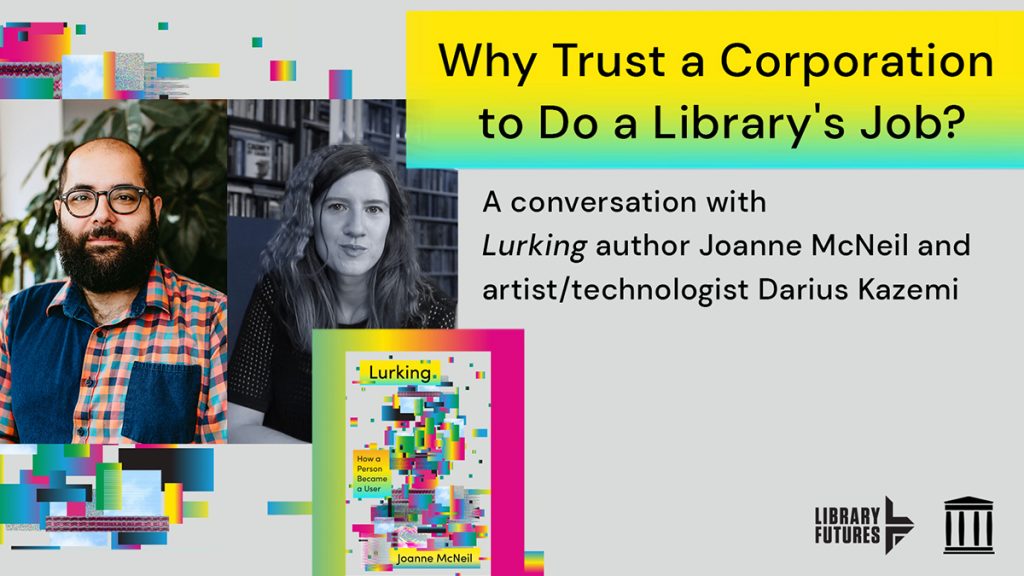
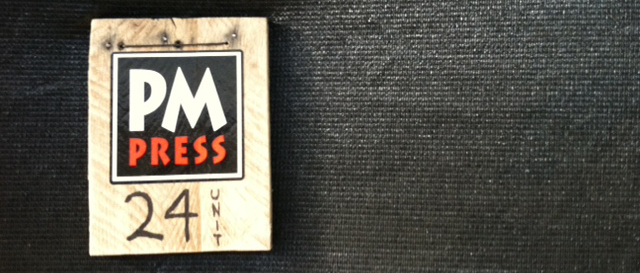
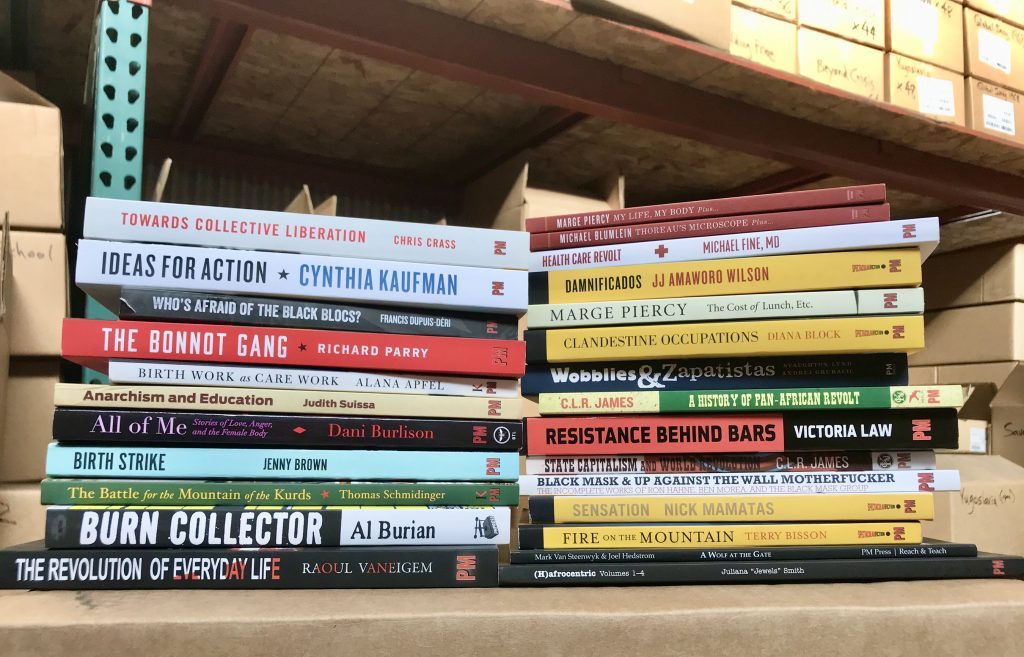






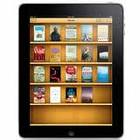


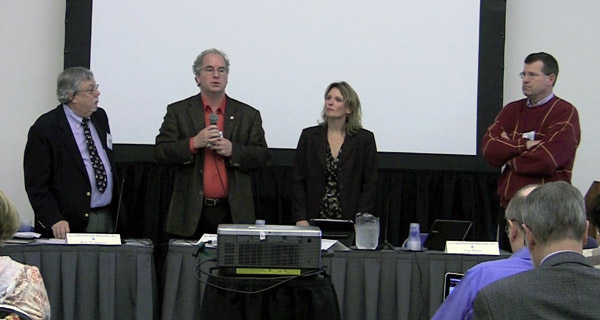
 We are excited to see commercial books from many publishers being made available through web browser technology from Google eBookstore. As a standards based system, reading in a browser offers an opportunity for many more people to actively participate in the evolving digital book ecology.
We are excited to see commercial books from many publishers being made available through web browser technology from Google eBookstore. As a standards based system, reading in a browser offers an opportunity for many more people to actively participate in the evolving digital book ecology.